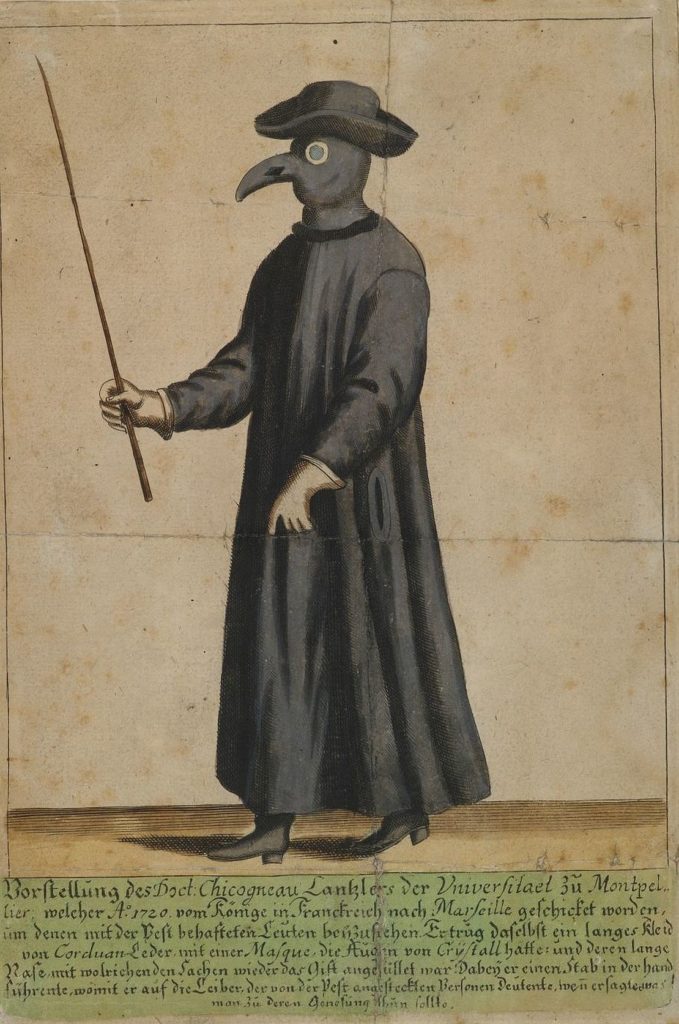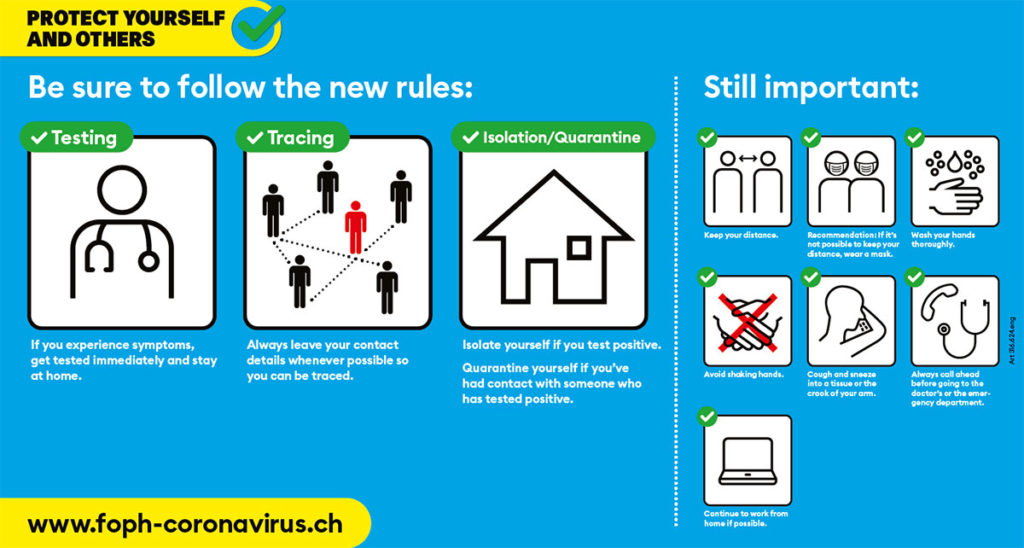Researching at the Time of Covid-19
To reach Ferrara from Venice, Nicola Vicentino had to cross the border that separated the Republic of Venice from the territories of the Este dukedom. The border guards would stop him and ask him to show the documents and the good health bulletin (‘bollettino di sanità’). The protection of his patron, the Cardinal Ippolito D’Este, would have assured him a favourable treatment, but not the hassle of obtaining the necessary health document, especially in times of plagues. Reports of the time tell that, on the border with the papal state, the guards even sprayed vapours on travellers and pilgrims on the way to Rome. The most fearsome enemy at the time was the pest, the ‘black death’. It could travel hidden under the uniform of a soldier or in the hold of a ship and a postal carriage. It spared no one, when it manifested itself. For this reason, the fear of plague was very present in the collective consciousness of the time.

We have also discovered what it meant to live with a kind of plague in recent months. Covid-19 does not kill like the pest. But it closes borders, forcing people to wear a mask on their faces and stay at home, radically changing the daily lives of millions of people. Like the plagues of the past, it impacts the production system and, above all, forces it to modify plans and projects conceived by imagining a situation of ‘normality’. An invisible virus has shattered the idyllic idea of progress painted as a golden ascending staircase. Discovering that we can no longer shake hands or hug each other in front of a drink, looking at the other with the suspicion of being infected, is profoundly transforming our social life. The aircrafts that tirelessly ploughed the skies are on the ground. The highways are semi-deserted. Only traffic on digital networks has increased: a tool that the Covid-19 cannot attack directly.
In these months we have been able to experience the advantages and disadvantages of being a digital community. Sitting inside our homes, we worked together with colleagues from near and far, often struggling with our children’s homework during the lockdown and other problems related to this new daily routine. The possibility to choose freely a platform through which to communicate has created a kind of digital tower of Babel. Having overcome the difficulty of always using different applications, the possibility of continuing to have a sociality, even if only virtual, has in part reduced the malaise caused by a situation suffered as inevitable. The digital connection offers, in this sense, at least a minimum of collective contact that, at the time of the great plagues of the early modern age, certainly had to be lacking: not only to those who found themselves locked in a lazaret for weeks, either because they were infected or because they were forced to spend there the quarantine imposed on travellers, but also to the population, prey to the circulation of uncontrolled news, whose emotional impact probably far exceeded that of the fake news that are still circulating on the web today.
The health emergency caused by Covid-19 had a directed impact on our research project as well. Thanks to the massive digitisation process in recent years, an impressive number of sources are easily accessible in a virtual way on the web. But an object is not just the image of its content: its materiality is part of the content it transmits. In the case of L’antica musica by Nicola Vicentino, we know that the treatise had a complex editorial history. The book was printed on two different kinds of paper: one heavier, one lighter. The retrieval of this information requires a material analysis of the preserved copies. This also concerns the re-composition of single pages and other bibliographical details that a virtual analysis of the preserved copies can bring to light, but to which no certain answers can be given without a directed inspection of the original sources. It is difficult to foresee now when these important investigations can be carried out, given the international health situation. It is only to be hoped that the situation will soon improve and that people can to travel again: if not freely as before, at least with the help of some ‘good health bulletin’ of ancient memory.

Comments
No comment posted about Researching at the Time of Covid-19